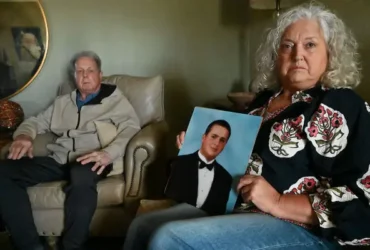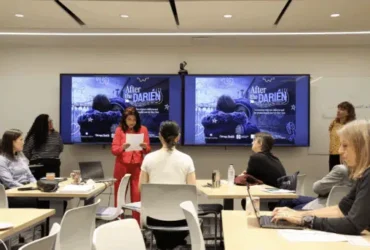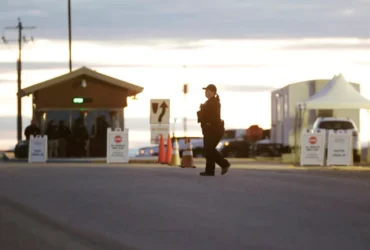When a group of journalists read Palm Beach Post reporter Lawrence Mower’s coverage of lottery irregularities in Florida several years ago, they started thinking about an unprecedented expose of the global lottery industry. Mower had issued public records requests for 20 years of data on frequent lottery winners in Florida. His subsequent reporting uncovered fraud, including people who were cashing in other people’s winnings in order to help them evade tax laws, and ultimately led to arrests and reforms in Florida.
With a grant from the Fund for Investigative Journalism to cover filing fees and other expenses, a team of reporters sent more than 100 public records requests to officials in every state in the U.S. with a lottery. They asked for information about frequent lottery winners, odds of winning and investigations into irregularities. The team, which grew to include journalists from Columbia University and some of the nation’s top media outlets, obtained hundreds of pages of internal lottery documents, interviewed dozens of statisticians, players, and experts, and analyzed 11 million lottery claims.
They found more than 1,700 players across nearly 25 states who had claimed 50 or more lottery tickets worth at least $600 in seven years. Experts told them that in many cases the winnings were statistically improbable. They also found that 10 states reported that they don’t monitor frequent winning, and states that do appeared to do a weak job, with investigators failing to pursue cases. In past cases where frequent winning was probed, it was sometimes rooted in crime, including theft of winning tickets, cheating, tax-evasion schemes, and money laundering.
The team, led by Jeff Kelly Lowenstein, published more articles on lottery issues in the U.S., and worked with journalists in other countries pursuing similar stories. Ultimately, more than 50 people in 10 countries became involved, and more than 100 stories were published in the U.S., South Africa, Bolivia, Mali, and Switzerland. (The FIJ grant provided support for journalists in Mali, South Africa, and Switzerland for their stories.)
In the U.S., the stories prompted arrests of lottery players in New York and Massachusetts. The coverage also helped prompt policy changes in Massachusetts and led to audits in South Carolina and Pennsylvania. In South Africa, Raymond Joseph and other team members persevered in the face of harassment, threats, intimidation and lawsuits to produce work that sparked multiple investigations, calls for the lottery president and board to be fired, the filing of criminal complaints against some of the people whose malfeasance they brought to light, and a looming constitutional challenge to the lottery law.
Today, Kelly Lowenstein and others involved in the investigation lead the Center for Collaborative Investigative Journalism, a global organization founded with funding from Open Society Foundations in the aftermath of the initial lottery coverage. The center is now working on global coverage of access to clean water.
“What began as a plan over a couple of bottles of wine at the 2016 African Investigative Journalism Conference has blossomed into a project and community that has grown way beyond what any of us anticipated,” Kelly Lowenstein said. “As it has done for more than a half-century, the Fund for Investigative Journalism provided vital support to investigative journalists in the United States, South Africa, Mali and Switzerland. We are very grateful to the organization and the board for their critical role.”




